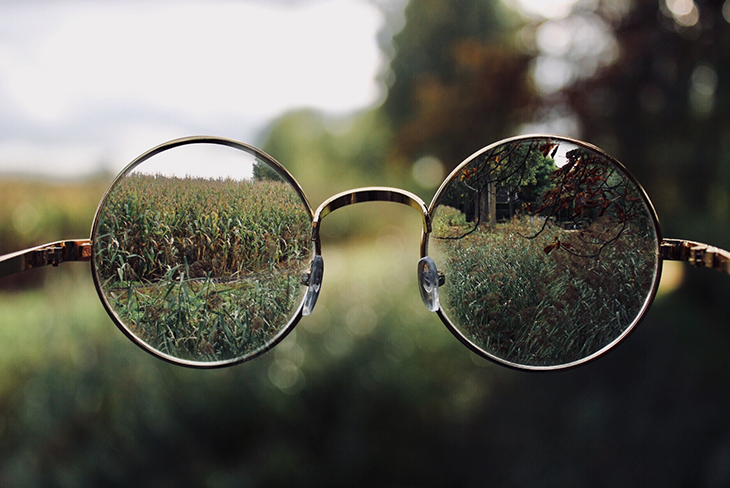How to look after your eyes

Vision care is an important part of overall health and wellbeing. Follow these tips and advice to preserve your eyesight now and in future.
The eyes are important sensory tools that help you find your way in the world, but they can be easily injured, and neglect, lifestyle, eye infections or eye diseases can cause eye problems. There are many things you can do to keep your eyes healthy. Try these simple eye-care tips.
Get your eyes tested regularly
Having an annual eye test is an important part of regular health screenings. Children, especially, should get their eyes tested to ensure that poor vision doesn’t hamper success at school or normal day-to-day activities. At an eye test, eye health is assessed and conditions like cataracts and glaucoma, which can damage the optic nerve, can be detected. Based on the results of your test, you might need to see one of two doctors:
- Ophthalmologist: A medical doctor who specialises in eye care and can perform surgery and treat eye diseases.
- Optometrist: Not necessarily a medical doctor and does not perform surgery. They can detect common conditions, like dry eye, as well as irregularities, and prescribe spectacles and contact lenses. They might refer you to an ophthalmologist.
Eat for eye health
A well-balanced diet that includes plenty of fresh fruit and vegetables can help to keep your eyes healthy. Include omega-3 fatty acids, lutein and zinc, which can help to ward off macular degeneration and cataracts. The following are also good options:
- Greens: spinach and kale
- Fish: salmon, pilchards, sardines
- Protein: eggs
- Nuts and legumes: walnuts, peanuts, lentils
- Seeds: chia, flax
If you smoke, quit
You might be surprised to learn that tobacco is also associated with poor eye health in addition to cardiovascular disease, cancer and stroke. Two of the key eye diseases associated with smoking are macular degeneration, an eye disease that affects central vision, as well as cataracts. According to the Centers for Disease Control, smokers are twice as likely to develop age-related macular degeneration compared to a non-smoker, and smokers are two to three times more likely to develop cataracts compared to a non-smoker. Quitting will lower your risk.
Protect your eyes
It’s important to protect eyes from the sun with a good pair of sunglasses. The sun’s harmful ultraviolet (UV) rays can penetrate clouds, even on an overcast day, so you’ll want a pair that blocks 100% of UVA and UVB rays. Wraparound sunglasses can protect harmful rays from entering from the side and polarised sunglasses reduce glare. It’s best to wear protective goggles when working with hazardous chemicals, playing sports like hockey or squash, or working with machinery that creates dust or debris.
Limit screen time
According to market-research group Nielsen, American adults spend more than 11 hours per day watching, reading, listening to or simply interacting with media. Just four years ago, it was 9 hours 32 minutes. While extended screen time is a by-product of many people’s current work world, there are ways to find a balance, since it can cause one or all of the following:
- Eyestrain
- Dry eyes
- Headaches
- Neck, back and shoulder pain
- Blurry vision
To protect your eyes, remember the following:
- Invest in a computer screen protector for eyes to reduce glare.
- Make sure your chair and computer monitor are at the correct level to reduce eyestrain.
- Take regular breaks to rest your eyes.
- Choose the right eyewear and update your prescription regularly.
- Limit screen time – especially when it comes to kids.
The information is shared on condition that readers will make their own determination, including seeking advice from a healthcare professional. E&OE. Life Healthcare Group Ltd does not accept any responsibility for any loss or damage suffered by the reader as a result of the information provided.

